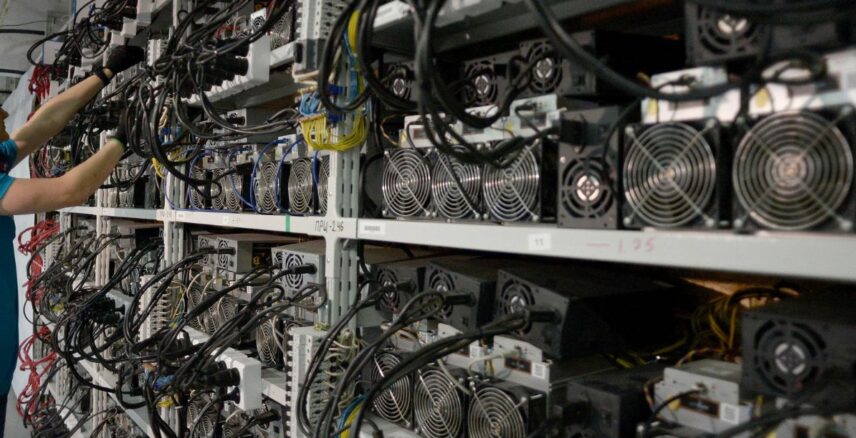
Crypto manufacturing machine
Abu Dhabi agric authority prohibits crypto mining on farms
The Abu Dhabi Agriculture and Food Safety Authority has issued a directive prohibiting the use of farms for cryptocurrency mining.
This move aims to prevent the misuse of agricultural land, ensuring it remains dedicated to its intended agricultural purposes.
Farmers in Abu Dhabi have been informed that engaging in crypto mining on their farms could lead to significant penalties.
Violators face fines of up to 10,000 dirhams (approximately $2,722).
Crypto mining, a process where powerful computers solve complex mathematical problems to validate transactions on blockchain networks, has become a popular method to earn digital currencies.
However, this activity often requires substantial energy and infrastructure, which can be detrimental to agricultural operations.
While the ban specifically targets farms, the UAE continues to be a supportive environment for crypto activities.
In 2023, the UAE’s Bitcoin mining capacity reached around 400 megawatts, representing 4% of the global Bitcoin hash rate.
Contrastingly, other Middle Eastern nations, such as Kuwait, have adopted more stringent measures against cryptocurrencies.
In July, Kuwait’s Capital Markets Authority imposed an absolute ban on all crypto-related activities, including mining, demonstrating a stark difference in regulatory approaches within the region.
Despite these varied stances, the UAE remains a vibrant hub for blockchain and crypto projects.
Recent expansions include blockchain analytics firm Chainalysis setting up its regional headquarters in Dubai and Blockdaemon opening an office in Abu Dhabi. Both companies have received support from local financial regulators, further cementing the UAE’s position as a forward-thinking player in the crypto space.
Crypto industry leaders, like Chainlink co-founder Sergey Nazarov, have praised the UAE for its progressive approach to crypto regulation and its attractive environment for blockchain innovation.
